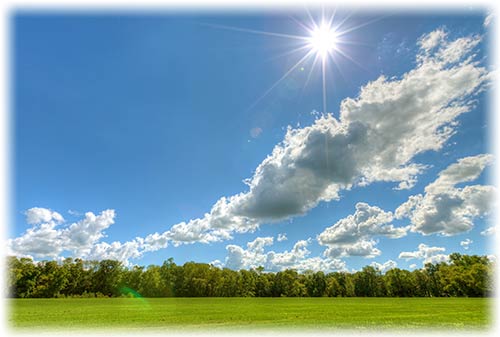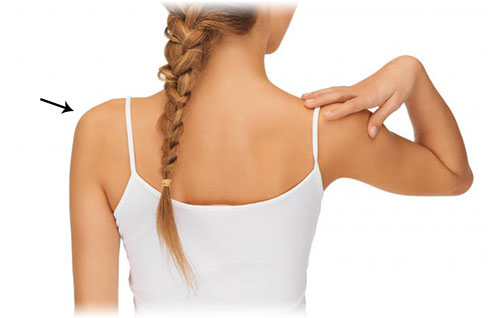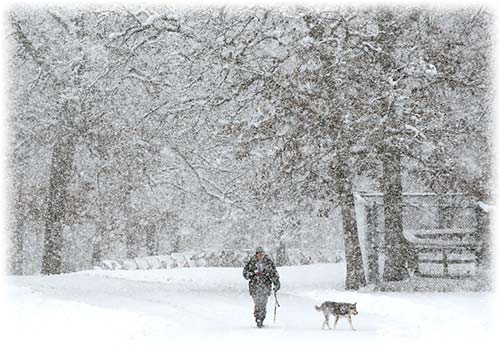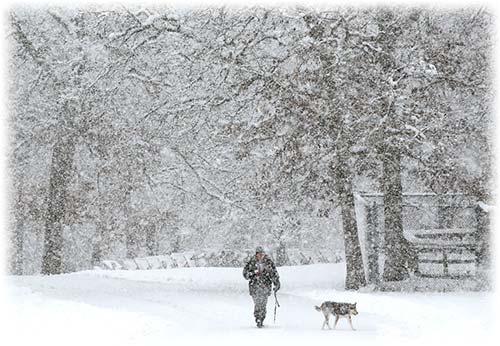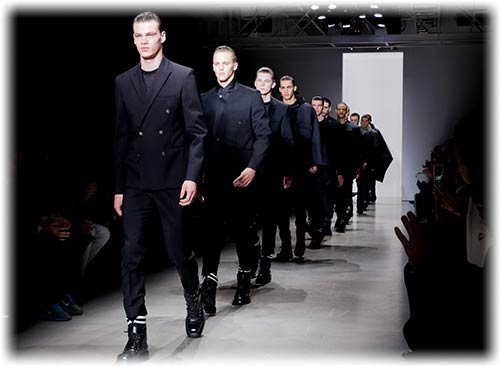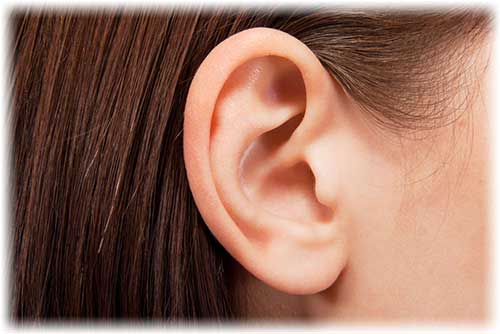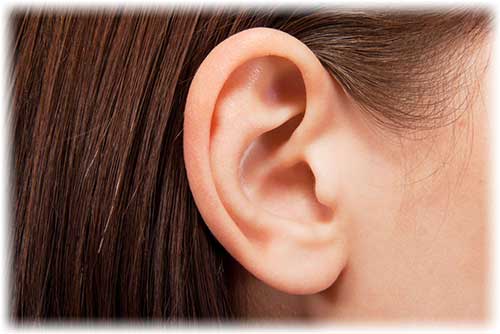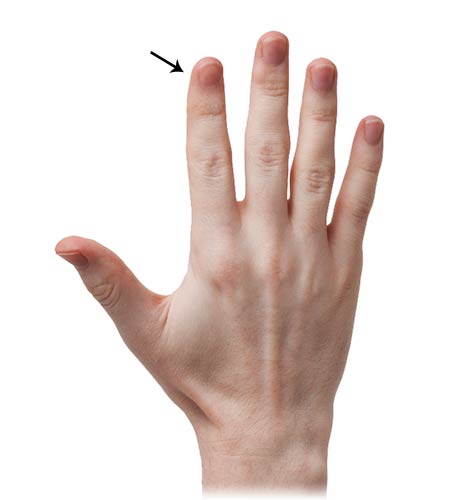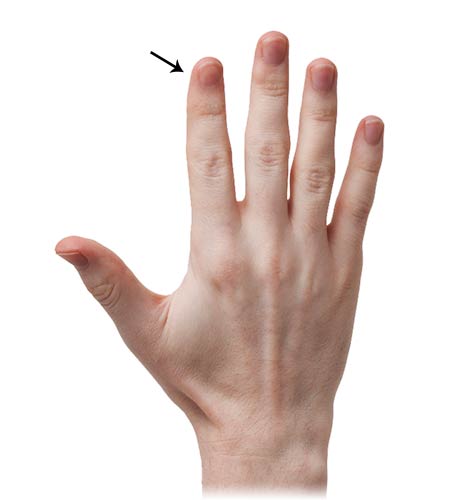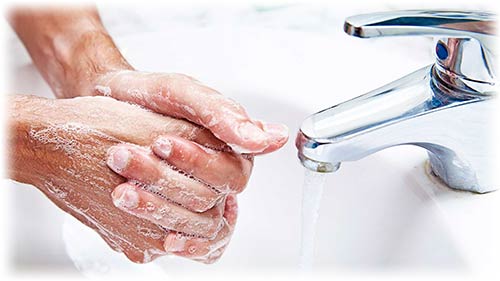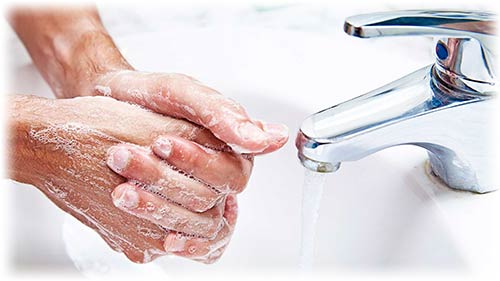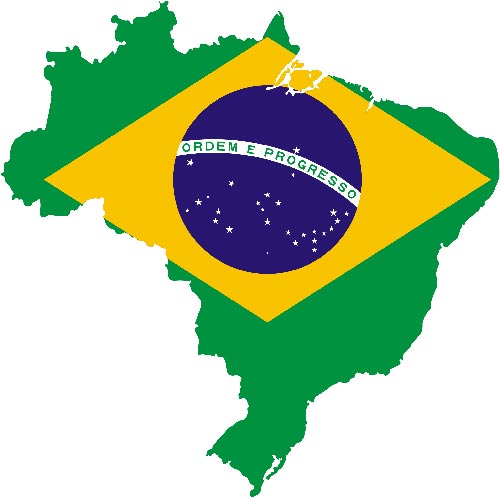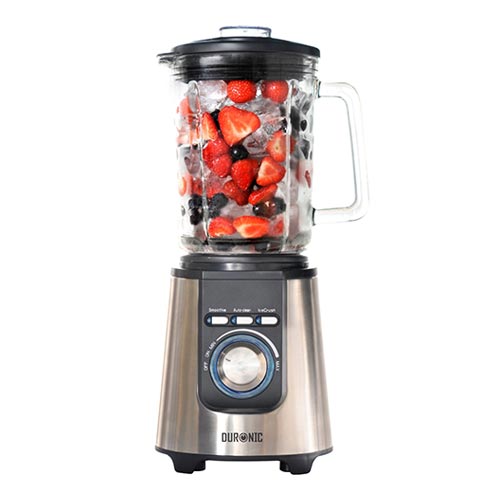finger
/fɪŋgə(r)/
(fingers, fingering, fingered)
Frequency: The word is one of the 1500 most common words in English.
1.
Your fingers are the four long thin parts at the end of each hand.
She suddenly held up a small, bony finger and pointed across the room...
She ran her fingers through her hair...
There was a ring on each of his fingers.
N-COUNT
see also light-fingered
2.
The fingers of a glove are the parts that a person’s fingers fit into.
N-COUNT: usu pl
3.
A finger of something such as smoke or land is an amount of it that is shaped rather like a finger.
...a thin finger of land that separates Pakistan from the former Soviet Union...
Cover the base with a single layer of sponge fingers.
= strip
N-COUNT: N of n, n N
see also fish finger
4.
If you finger something, you touch or feel it with your fingers.
He fingered the few coins in his pocket...
Self-consciously she fingered the emeralds at her throat.
VERB: V n, V n
5.
If you get your fingers burned or burn your fingers, you suffer because something you did or were involved in was a failure or a mistake.
He has had his fingers burnt by deals that turned out badly...
Mr Walesa burned his fingers by promising he would give every Pole 100m zlotys to start a business.
PHRASE: V inflects
6.
If you cross your fingers, you put one finger on top of another and hope for good luck. If you say that someone is keeping their fingers crossed, you mean they are hoping for good luck.
I’m keeping my fingers crossed that they turn up soon.
PHRASE: V inflects
7.
If you say that someone did not lay a finger on a particular person or thing, you are emphasizing that they did not touch or harm them at all.
I must make it clear I never laid a finger on her.
PHRASE: V inflects, usu with brd-neg, PHR n [emphasis]
8.
If you say that a person does not lift a finger or raise a finger to do something, especially to help someone, you are critical of them because they do nothing.
She never lifted a finger around the house...
They will not lift a finger to help their country.
PHRASE: V inflects, with brd-neg [disapproval]
9.
If you point the finger at someone or point an accusing finger at someone, you blame them or accuse them of doing wrong.
He said he wasn’t pointing an accusing finger at anyone in the government or the army.
PHRASE: V inflects, PHR n
10.
If you tell someone to pull their finger out or to get their finger out, you are telling them rudely that you want them to start doing some work or making an effort. (BRIT INFORMAL)
Isn’t it about time that you pulled your finger out?
PHRASE: V inflects [disapproval]
11.
If you put your finger on something, for example a reason or problem, you see and identify exactly what it is.
He could never quite put his finger on who or what was responsible for all this.
PHRASE: V inflects, PHR n/wh
12.
If someone or something slips through your fingers, you just fail to catch them, get them, or keep them.
Money has slipped through his fingers all his life...
You mustn’t allow a golden opportunity to slip through your fingers or you will regret it later.
PHRASE: V inflects
13.
to have green fingers: see green
finger on the pulse: see pulse
